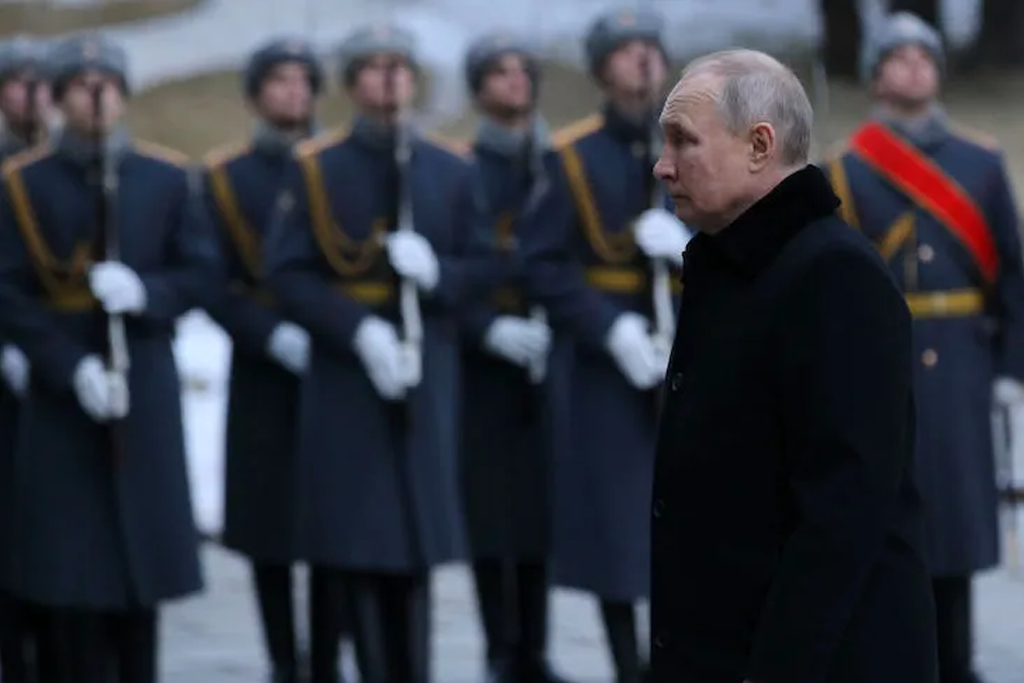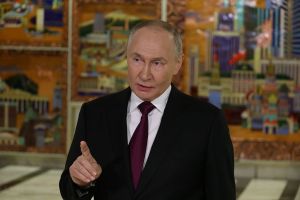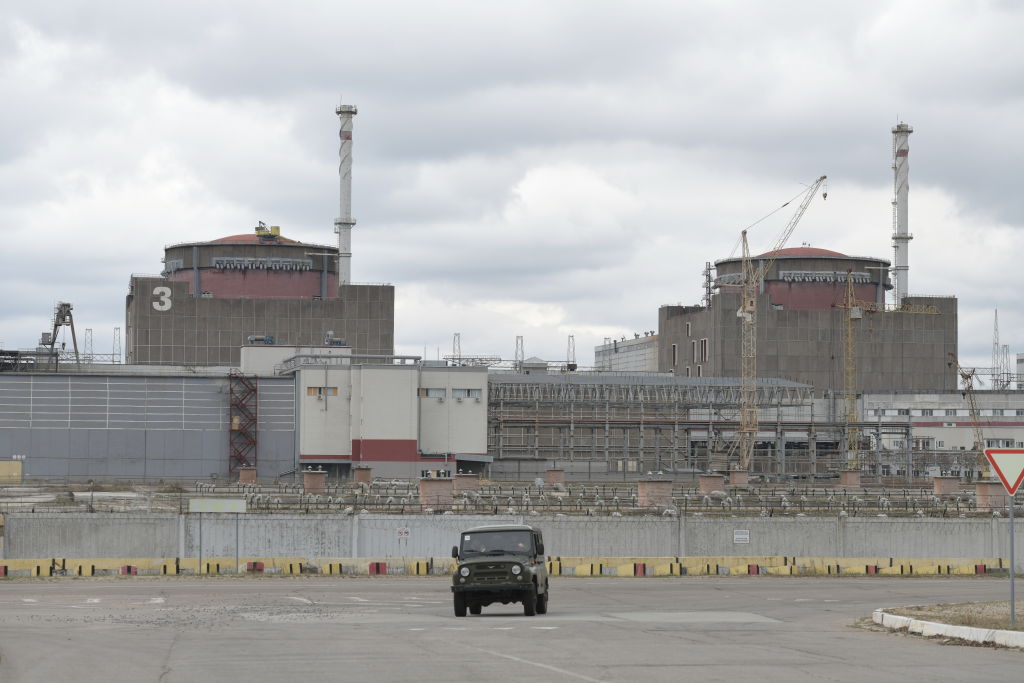Does Vladimir Putin face a challenge, not from cuddly, West-looking liberals, but from even sharper-toothed nationalists? Certainly this is suddenly the message coming from loyalists.
Oleg Matveychev, a parliamentarian and spin doctor who also has a widely-read blog, has made waves by claiming in an online video that “2023 will be very dangerous,” because of the threat of so-called “turbo-patriots.” Discounting the liberals (who “have all run away”), he warned that the turbo-patriots had become “the only danger to our state.”
His scenario was that after some new reversals in the war, a combination of disgruntled nationalism, anger at corruption and “a light dose of leftism” could trigger some rising. Looking to next year’s presidential elections, he also predicted that the turbo-patriots could put forward their own candidate and, when he loses, claim that the election had been rigged and use this to mobilize a national rebellion.
This said, we need to treat such alarums with some caution. Matveychev is a member of Putin’s United Russia bloc and a former staffer in the presidential administration. Sanctioned across the West, he has already demonstrated his delicacy of approach and tolerant views by fantasizing about “liberal bastards” being sent to uranium mines, when, that is, they are not being run over by tanks, Tiananmen-style. In May 2020, he announced that even in retirement he would “choke opposition whores.”
In other words, he is both a loyalist and of that stripe who seek public attention through hyperbole and hype. Nonetheless, his words do betray a growing concern within the ruling elite and may have been encouraged by the regime as a way of signaling that it is beginning to take the turbo-patriot threat seriously.
After all, various figures who could be put in this camp have certainly been making waves of late. Yevgeny Prigozhin, the ex-con turned modern-day condottiere behind the Wagner mercenary army, has been attacking everyone from defense minister Sergei Shoigu to Alexander Beglov, governor of St. Petersburg, and presenting himself as a radical, even revolutionary patriot.
In his New Year’s message, he promised:
“We will win this year, but first we will defeat our internal bureaucracy and corruption. And when we defeat the internal bureaucracy and corruption, then we will defeat the Ukrainians, and NATO, and the whole world.”
Although Prigozhin still seems to have Putin’s confidence (even if the president did weigh in to shield Beglov), the Wagner chief above all presents himself as a partisan of Russia’s, rather than the regime’s.
As a result, Prigozhin has won the admiration of some within the elite, who contrast his ruthlessness and resourcefulness with a regular military and bureaucracy they see as hide-bound and unimaginative. However, he represents no one but himself. By contrast, the former Donbas war “defense minister” Igor Girkin, still widely known by his callsign Strelkov, lacks Prigozhin’s massive business and mercenary machine, but is in many ways the voice of a wider constituency within the military and security forces. He has become an acerbic critic of the war, regarding Putin (“Our Unique Strategic Advantage” as he sardonically labels him) as having already lost the war because of inefficiency, corruption and downright incompetence.
There are many other voices, not least the chorus of “milbloggers” reporting on and dissecting the war on social media, but their common themes tend precisely to be not opposition to the war in principle so much as the way it is being fought and the systemic failings of the state it reveals. Twenty-three years of Putin, one said, “gave us a shiny new skin, around the same old rot.” For these people, it is increasingly patriotic to be anti-Putin.
It is understandable why these people worry the regime. The liberals operated openly and could be exiled, poisoned, intimidated or imprisoned. However, the main constituency of the turbo-patriots is within the very agencies that would be doing the repressions. Prigozhin’s license reflects the degree to which Wagner is still needed (and that sometimes it is handy for the Kremlin to have someone to say ludicrously extreme things, allowing the regime to look positively reasonable in comparison). Girkin is still able to blog and broadcast because the alternative is to make him a martyr.
However, the threat is not the overt one Matveychev is conjuring. The turbo-patriots are by no means united — Girkin and Prigozhin are locked in a vicious grudge-match, for a start — and they have no structures or even common platform beyond an inchoate “stop losing the war.” If any of them look like becoming serious threats, they can undoubtedly be arrested or worse. The laughable Western speculation about Prigozhin launching a coup, for example, ignores just how far this regime has worked to “coup-proof” itself, and just how few institutional allies he has.
Rather, the rise of the turbo-patriots reflects the degree to which the very institutions on which Putin’s power ultimately rests are becoming alienated. A kleptocratic elite is seeing him as bad for business, and many within the security apparatus are increasingly questioning whether he really is the one destined to “lift Russia up off its knees.” No one yet may be thinking of actively moving against Putin, but if and when there really is a challenge, whether from public protests, elite machinations, economic crisis or military collapse, they may well prove unwilling to back him.
This article was originally published on The Spectator’s UK website.

























